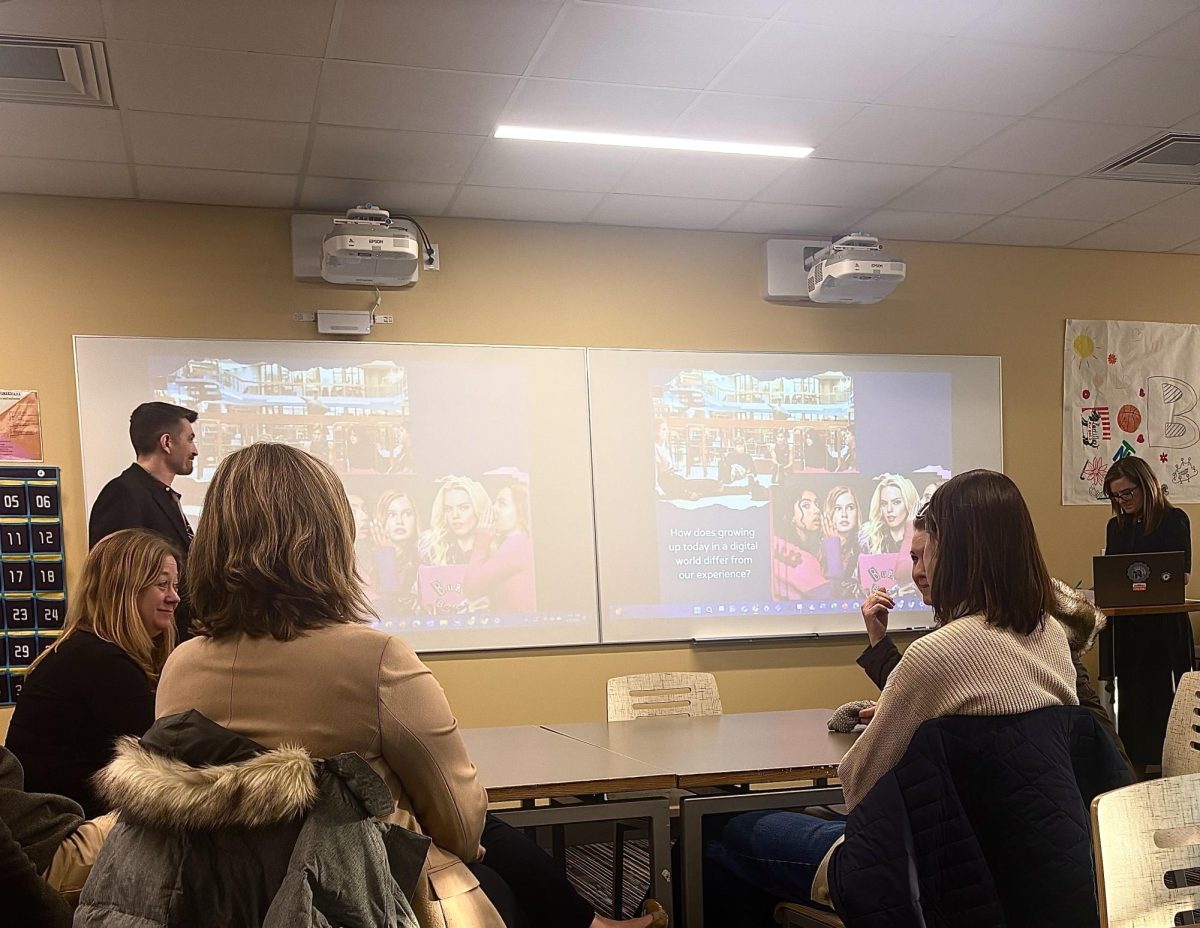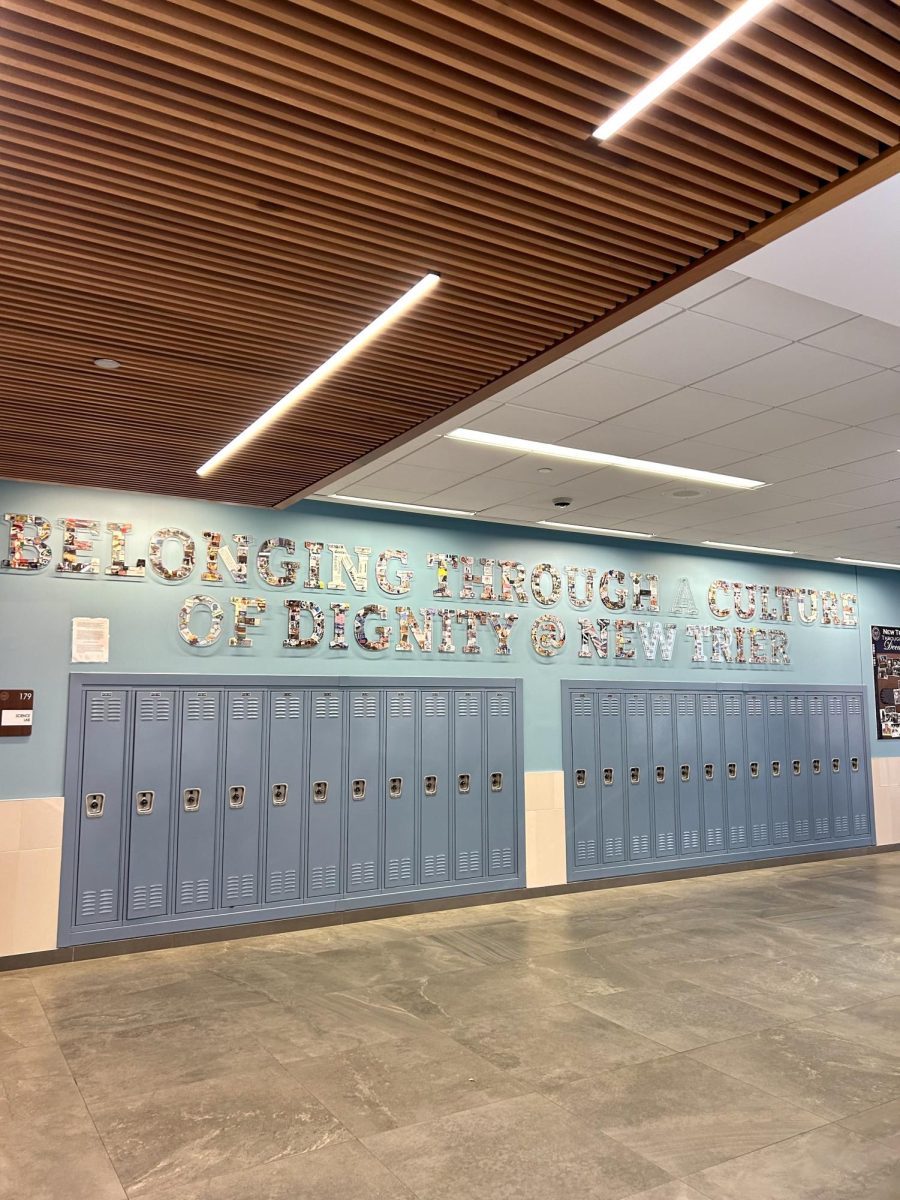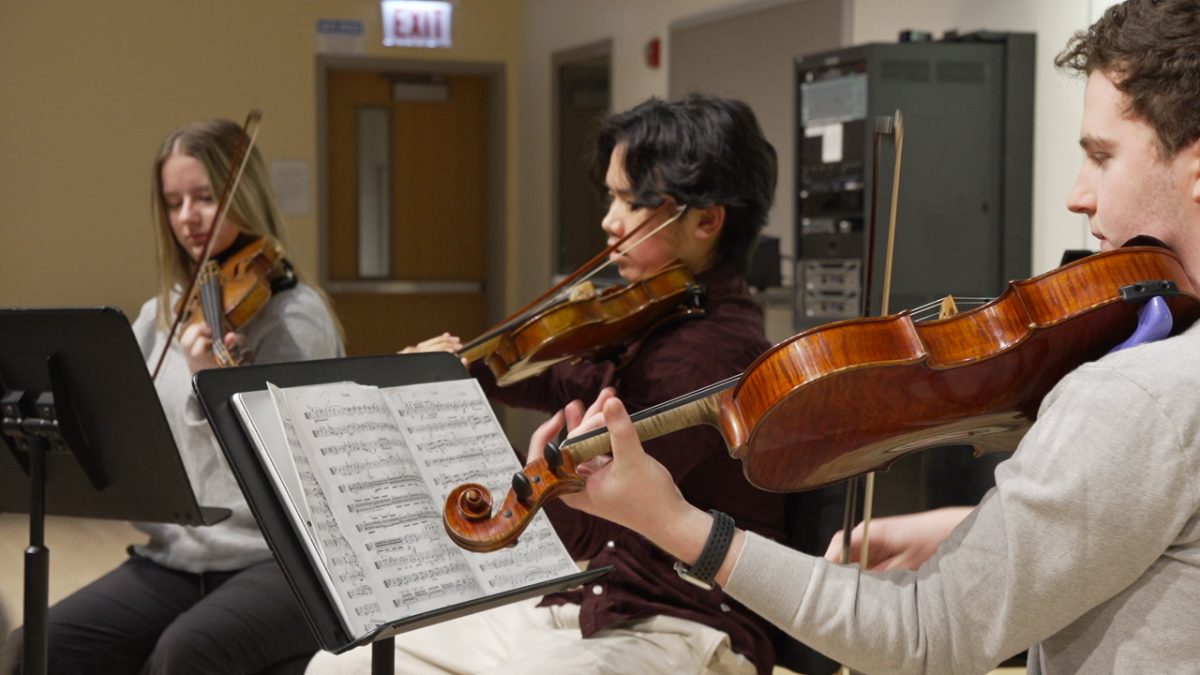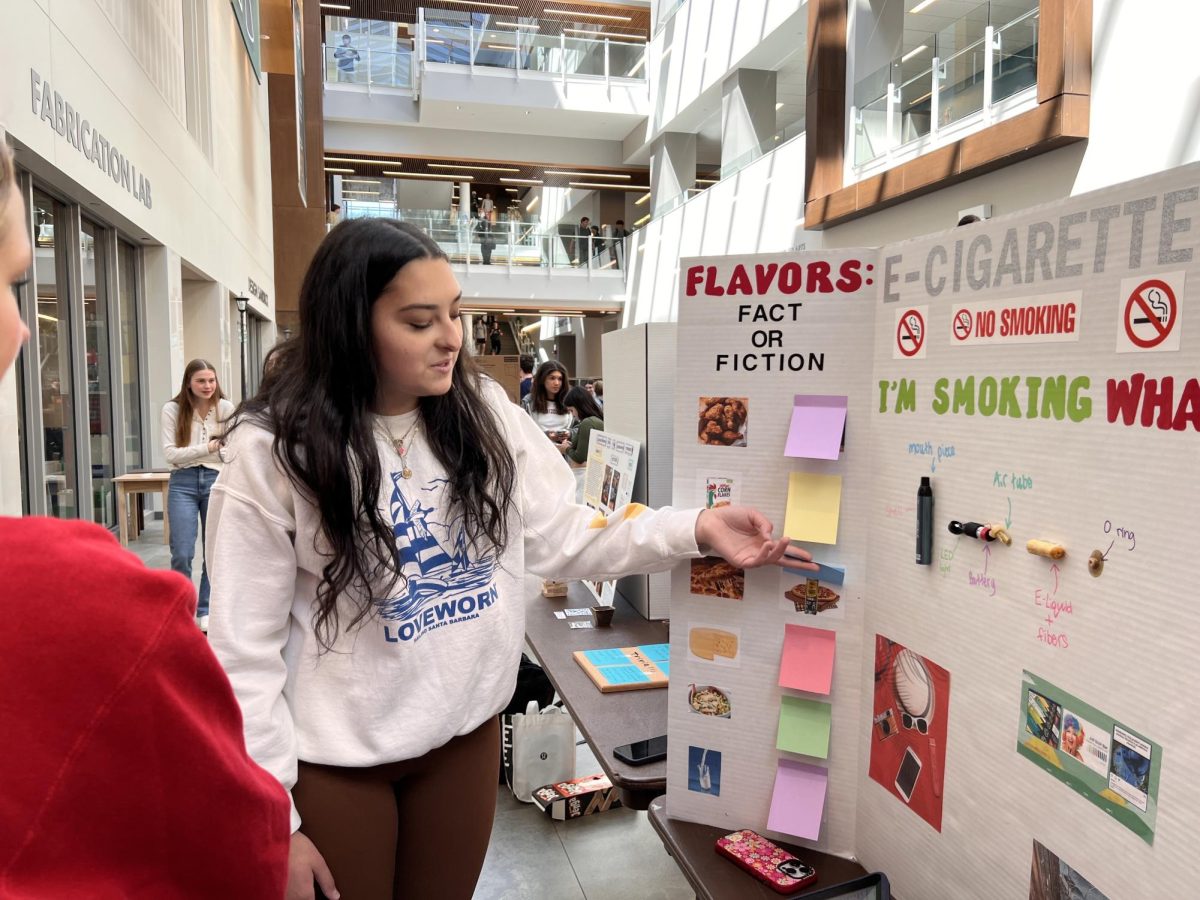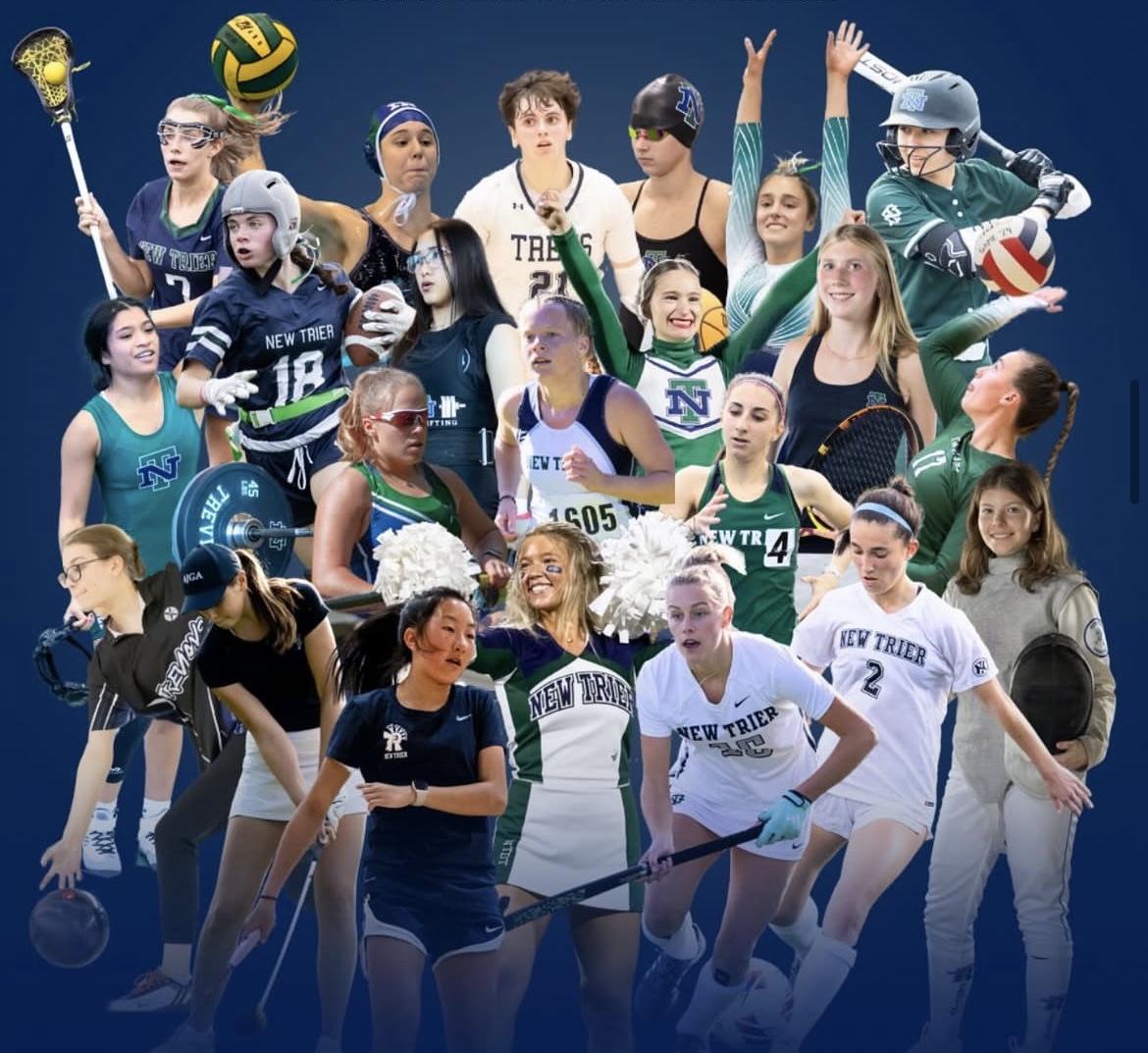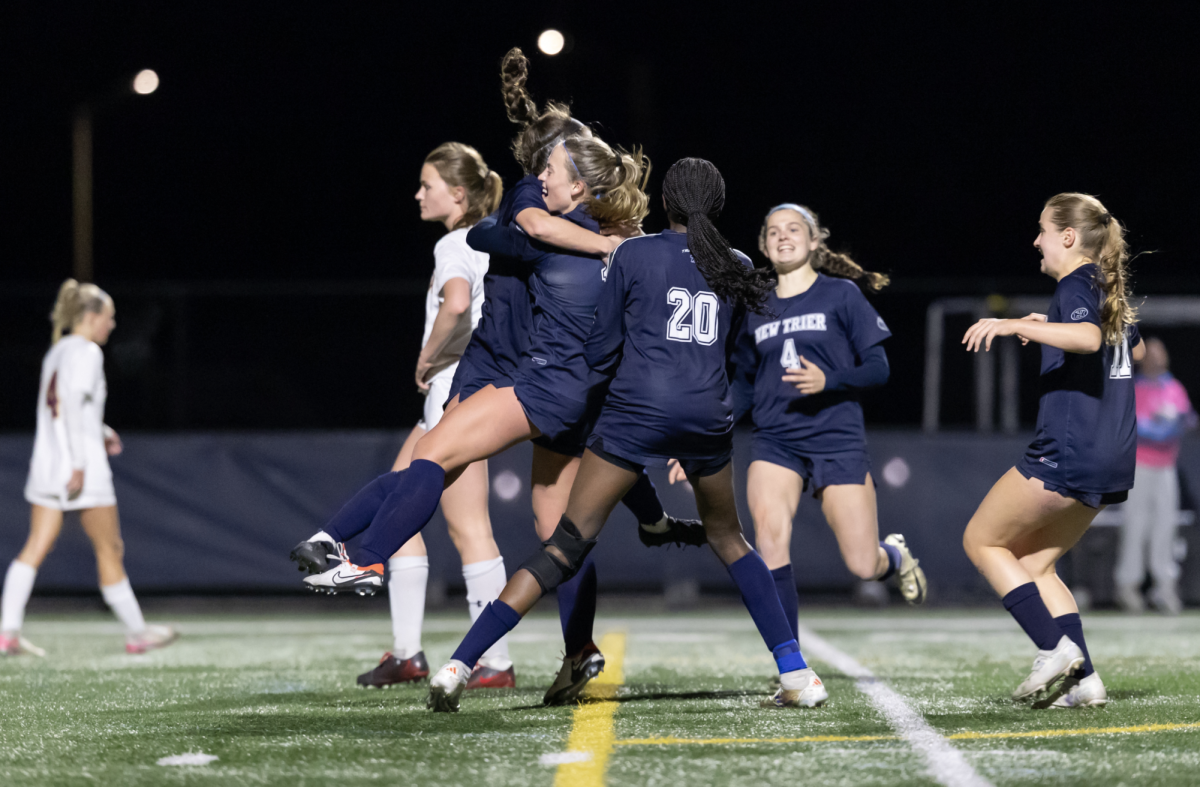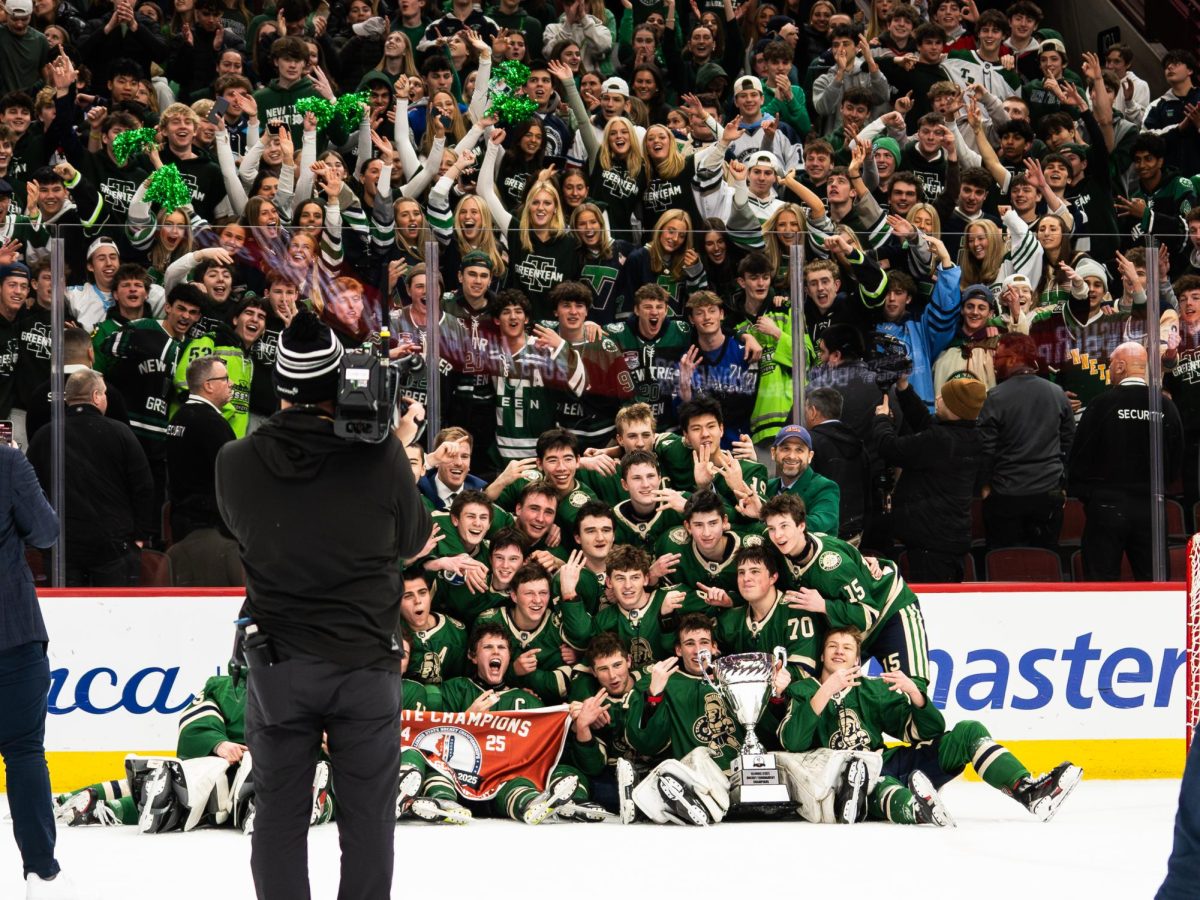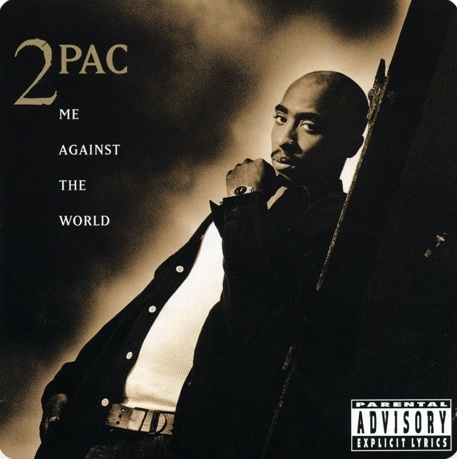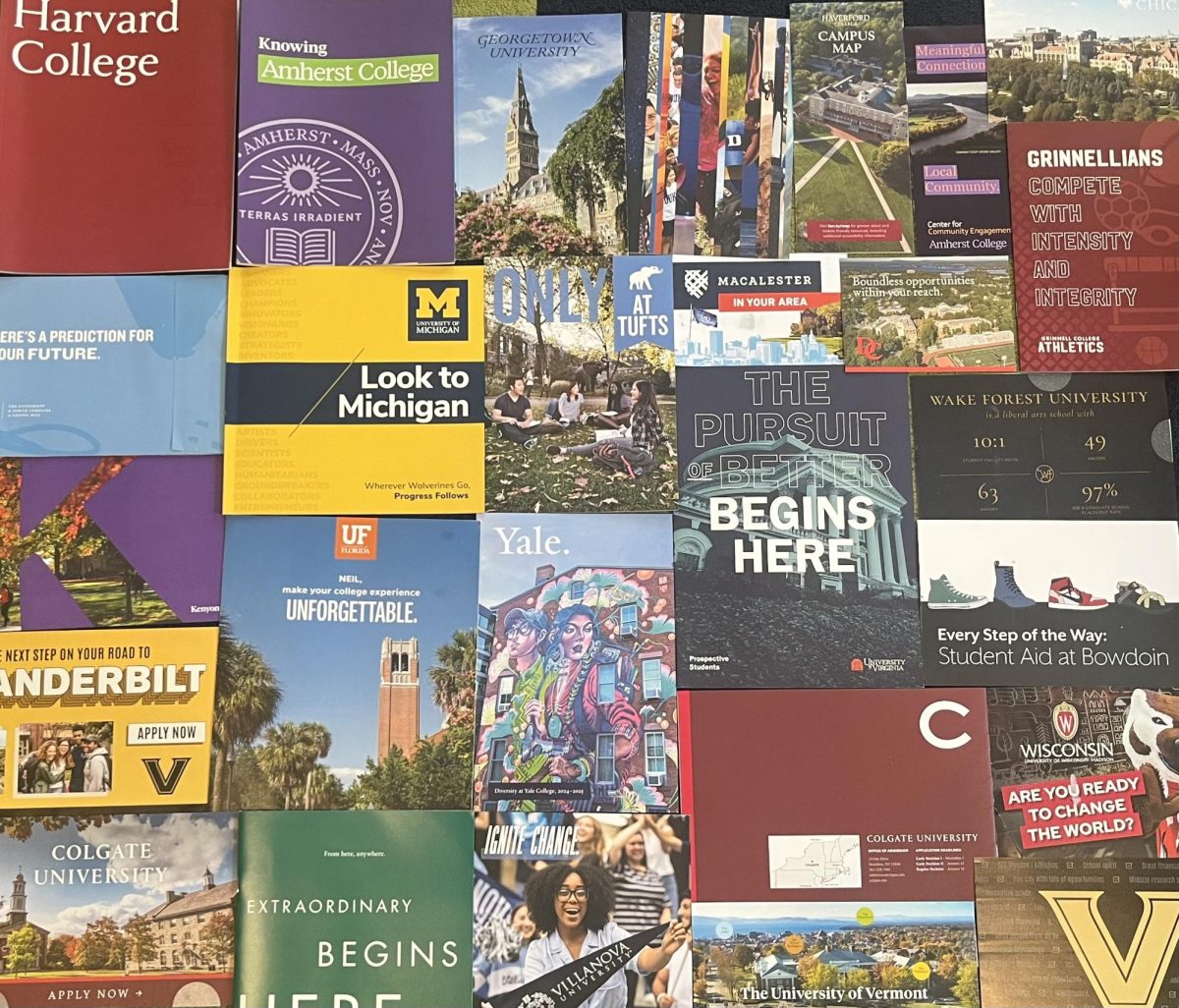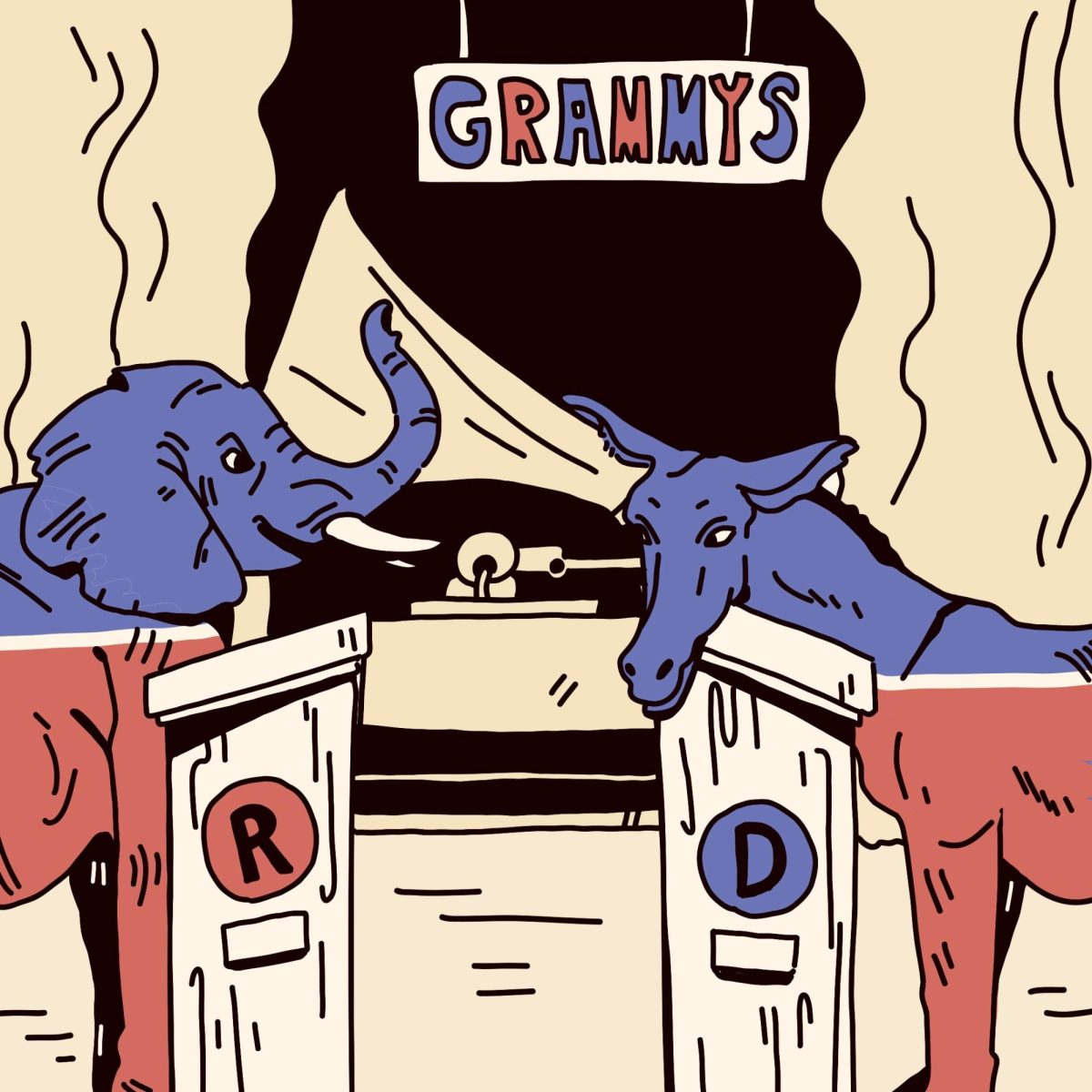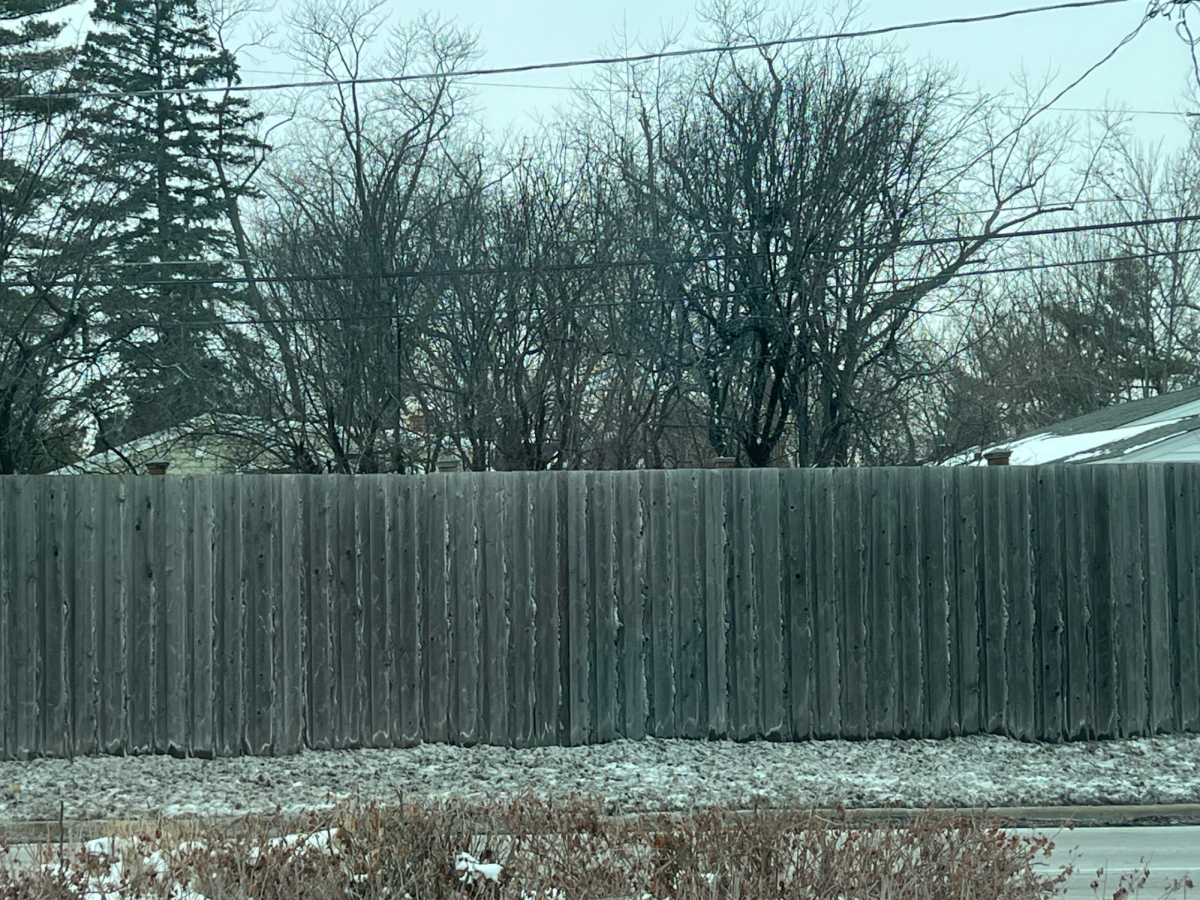Caroline Rothstein is an incredible person. There’s really no other way of putting it. A New Trier alumna, Rothstein has led an incredibly difficult life, but has come out on top. And on March 20, after being invited back by ELS for a meeting to discuss vulnerability at New Trier, Rothstein shared her incredible story.
Representatives from every major advocacy club conjoined, from the New Trier Republicans to Erika’s Lighthouse, to talk with Rothstein. And talk they did, and piece by piece, Rothstein’s story was shared.
While the meeting was meant to discuss vulnerability, it was quickly clear that everyone there was there for Rothstein, to hear her story and her spoken-word poetry.
We heard about her struggles with anorexia and, more prominently, bulimia. She suffered with them and from junior high through her sophomore year of college. She told us that she had struggled with body image even longer, saying, “I thought that I was fat in kindergarten. I look back at pictures of me, and I can’t even understand what I was thinking.”
She told us about her history of sexual abuse, and how it only worsened her other emotional problems. Yet even as she told us of her trials, she never came off as bitter or angry. She never pressed charges against either of her abusers, and told us that after confronting her first abuser, that “I forgave him, because I can’t even imagine what he must have been going through himself if he had to do that to someone.”
When a fellow member of her graduating class at her private school in Sweden spent an entire reunion taunting her about her weight, she didn’t stay bitter. Instead, she wrote a poem. She thought about how he was from a country under the military occupation of the United States, and how he was most likely just taking his frustrations about it out on her. Forgiveness and understanding, these are a large part of what defined her story.
But mostly, her story was one of triumph. She recovered from bulimia, and made a name for herself in college. She took over her school’s production of “The Vagina Monologues,” a widespread feminist play, and how she turned from a small event to one of the biggest events on campus. She also told how she’s worked hard to get more men involved in feminism, because often times it can feel like it’s anti-men. She organized a male only discussion of date rape, an event so successful and enlightening that she was eventually able to organize a co-ed discussion of date rape, a discussion desperately needed at most, if not all, college campuses.
Still, it wasn’t all just story time with Caroline. The largest emphasis was what we could learn from her experience, both as advocates for others and for ourselves. When asked what she wished more people had done for her, she simply said, “Just talked with me. Listened to me and what I had to say.”
Communication with others was the common theme through it all. She said she was able to recover because she had such an amazing group of people around her. She also said that the only reason she’s been so successful at organizing events and spreading awareness is her communication and networking skills. She branched out, and got to know and befriend so many different people, which made event planning that much easier.
From this, we began to discuss how our groups of friends don’t define us as people. We talked about how all of us fit into many groups, and how just one of those isn’t who we are as people. For example, I clearly write for the school newspaper. However, this doesn’t define me. I’m not just “a school newspaper guy,” but rather a fully fledged person, with many interests and hobbies and a whole life outside of them. However, it often feels like only the most obvious things we present about ourselves is how people know us. We all decided that more people needed to realize this, and each advocacy group agreed that it would be a good idea to pursue.


